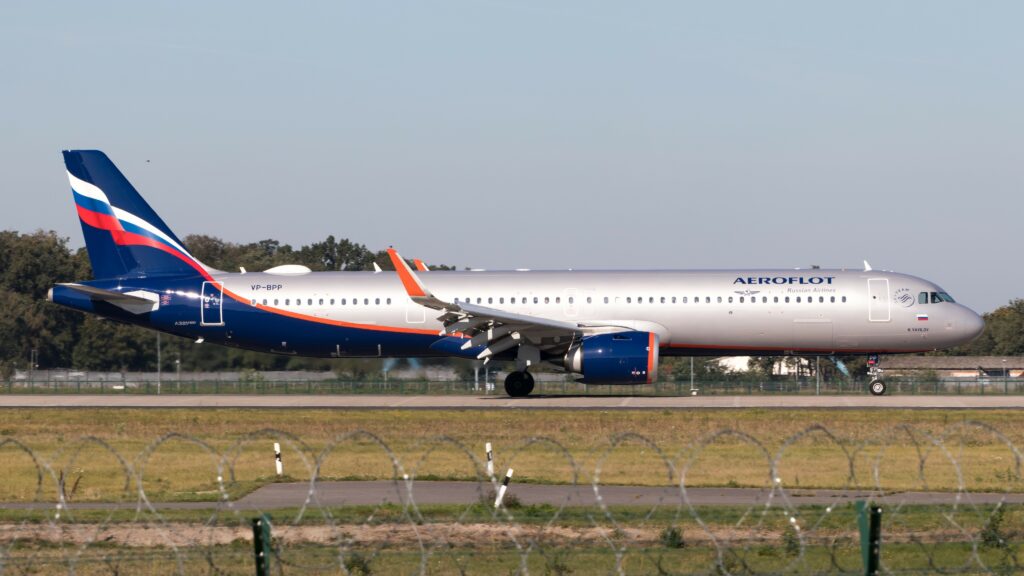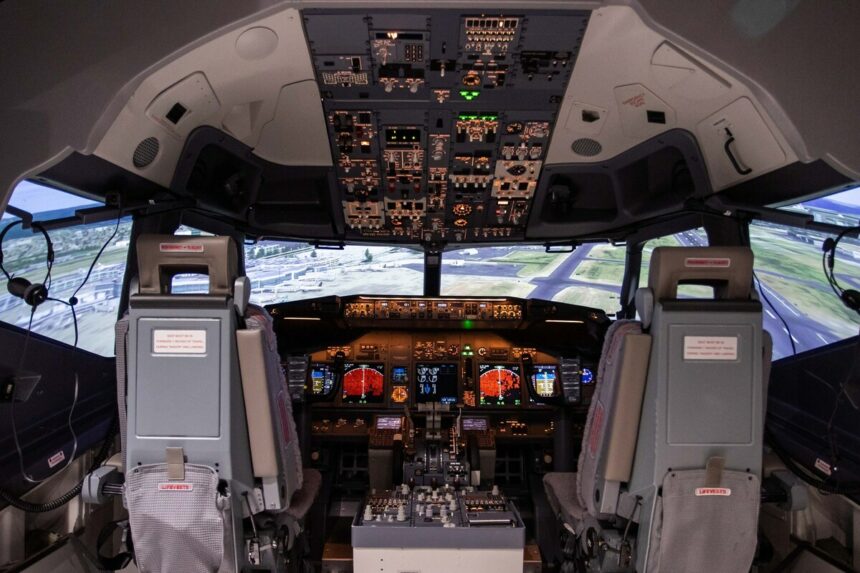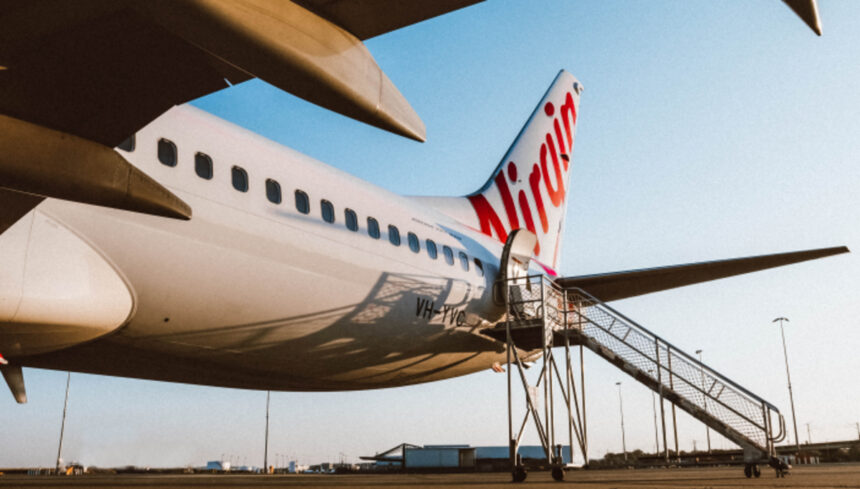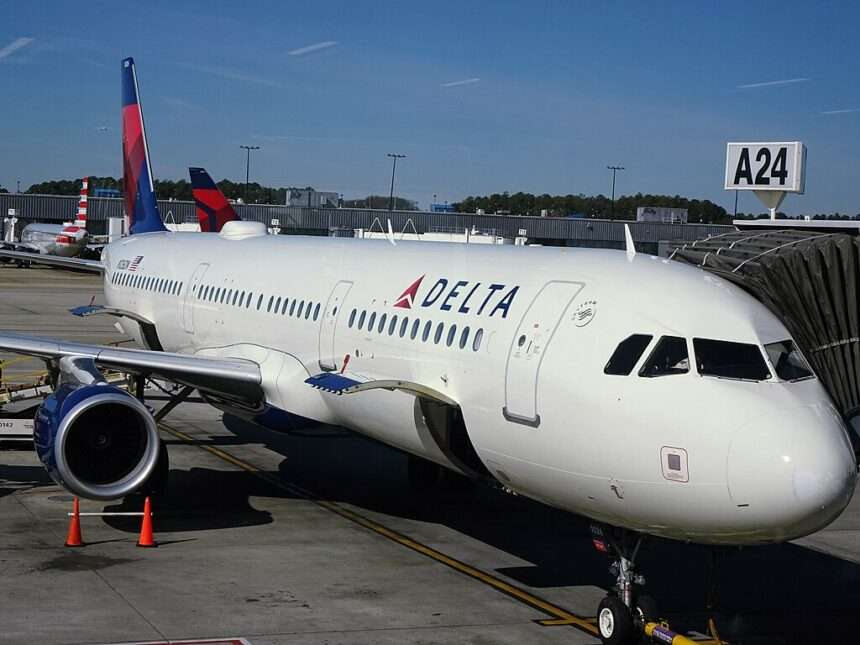LONDON – Rosaviatsia, The Federal Air Transport Agency, has given the green light for aircraft cannibalization to go ahead as sanctions continue to bite Russia.
As per Aviation Week, this approval from Rosaviatsia means that parts from grounded aircraft can be re-installed on aircraft that are still in service.
These parts would become spare parts in effect, which allows the installation of non-original spare parts on Russian-operated foreign-made commercial aircraft without approval needed.
Continuing the Change in Aviation Strategy…
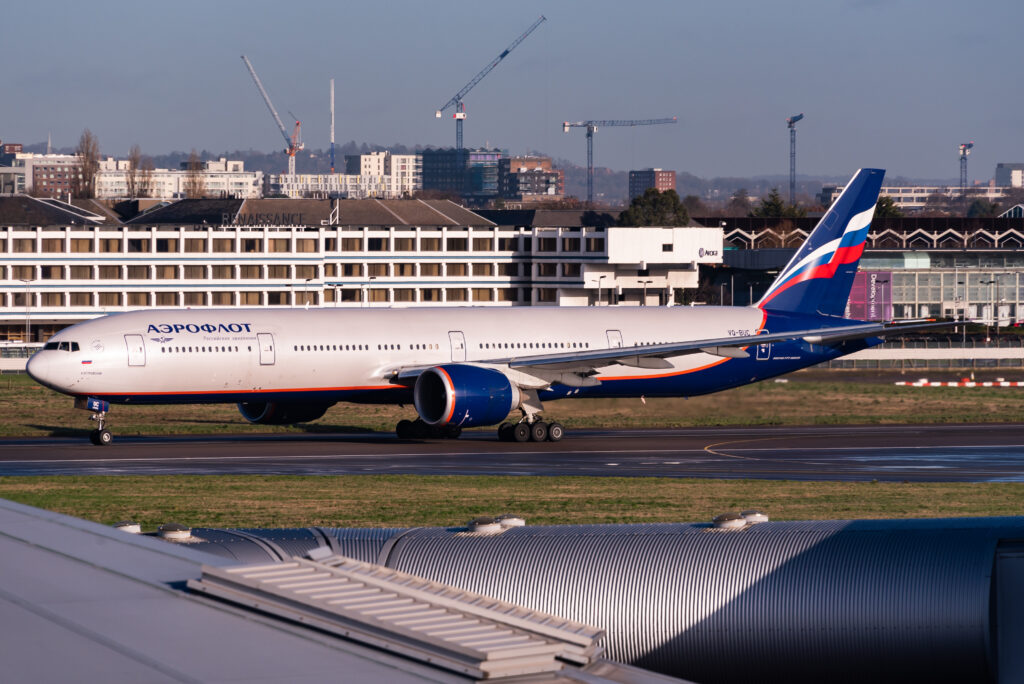
Such an approval from Rosaviatsia, which is a move away from the way things work in the west, represents the continuation of a change in aviation strategy.
Back in June 2022, it was revealed that the Chinese Government will ready up plans to supply Russia with spare parts for aircraft.
By July, allies Iran also announced that it would do the same for Russian aviation, which was tied together via a Memorandum of Understanding signed between the two sides.
Because Rosaviatsia has approved such cannibalization, this means that Russia’s access to usable aircraft parts has opened up further.
Rosaviatsia Needs Aircraft Back in the Air…
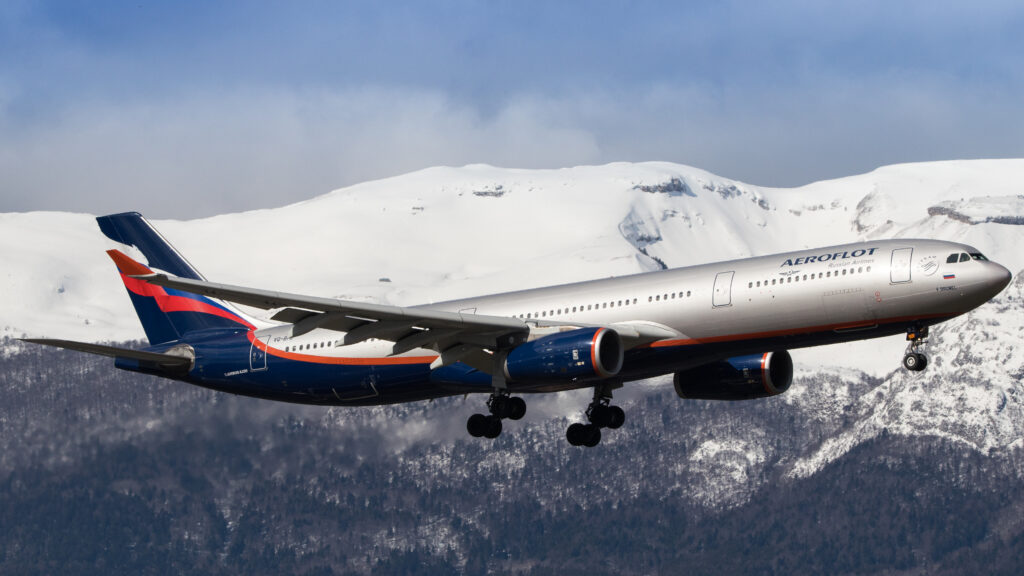
It is in Rosaviatsia’s interest to get as many aircraft back in the air as possible, especially with the predictions that the regulatory body made back in October.
Rosaviatsia believes that Russian carriers could carry up to 103 million passengers in 2023.
The Russian regulator believes that 91.1 million of this will be handled on domestic routes, whilst 10.1 million will be on the limited international network that such carriers have already.
Expanding more on this was Vladimir Poteshkin, the Deputy Head of the Federal Agency for Air Transport (Rosaviatsia):
“The planned amount of funds to be allocated from the federal budget to implement the subsidy program [in 2023] will be kept at the level of this year – that’s approximately 27.5 billion rubles.”
“In a similar vein, there are plans to extend the subsidy program for Russian airlines to perform domestic, including local, carriage within the framework of government resolution No. 761 in 2023”.
“The government support measures enumerated will contribute to achieving the carriage figures for 2023; as has already been said, traffic volumes have already been determined for up to 2030 in the strategy, and accordingly, the plan for 2023 is 103 million passengers”.
Short-Term Solution to a Long-Term Problem?

From the outside world, this does appear that Rosaviatsia has provided a short-term solution to a long-term problem.
Russia is currently in the process of nationalizing its aviation industry, which includes the production of its own aircraft.
This has seen the likes of Aeroflot ordering over 300 Russian-built aircraft back in August 2022, where 73 Sukhoi SuperJets, 210 Irkut MC-21s, and 40 Tupolev Tu-214 aircraft had been ordered.
However, Russia’s demand of becoming less dependent on Western-built aircraft does appear to be falling apart already.
Aircraft Orders Falling Apart…

Russia’s President Vladimir Putin appears to have been disgruntled at the fact that contracts for aircraft orders aren’t being finalized quickly enough.
There is also confusion about how many aircraft will be delivered to civil entities as well as defense entities as well.
“Long! Too long. The companies have to understand their perspectives and their orders. They have to hire the workforce and keep or increase manufacturing capacities, understand?”
“They have to know how many [aircraft] the military is going to order, how many civilian aircraft are going to be ordered. Some companies don’t even have orders for 2023.”
“Denis Valentinovich, [you say that] everything is laid out, but there are no contracts. I say this again. Let’s [discuss that] later; let’s finish the meeting now.”
“Why are we bickering here? I know that the companies don’t have orders, the directors told me. Really, why are you fooling about it?”
“When will we have the contracts? That’s what I am talking about. The directors of the companies are telling me: there are no contracts. And it’s all ‘laid out’ for you”.
Overall…
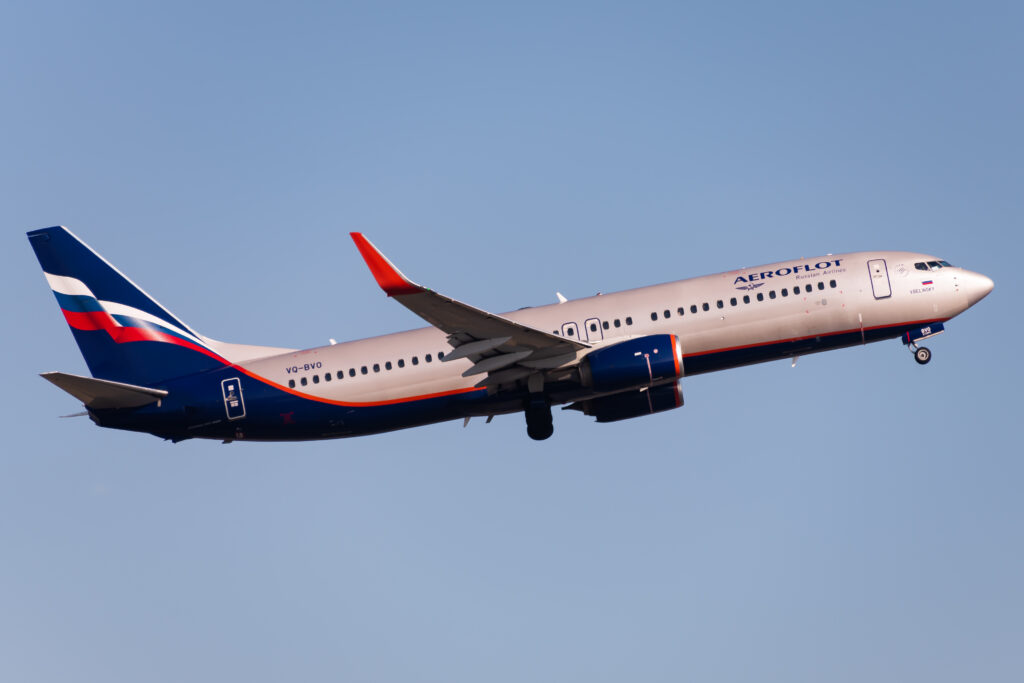
It remains clear that Rosaviatsia’s strategy will work, but only in the short term.
In the meantime, the Russian manufacturing industry will be under pressure to come up with plans for mass aircraft production, but also to complement it with the orders.
But for now, this is going to be an interesting area of the sector to watch, especially as Russia continues to battle on despite sanctions.





